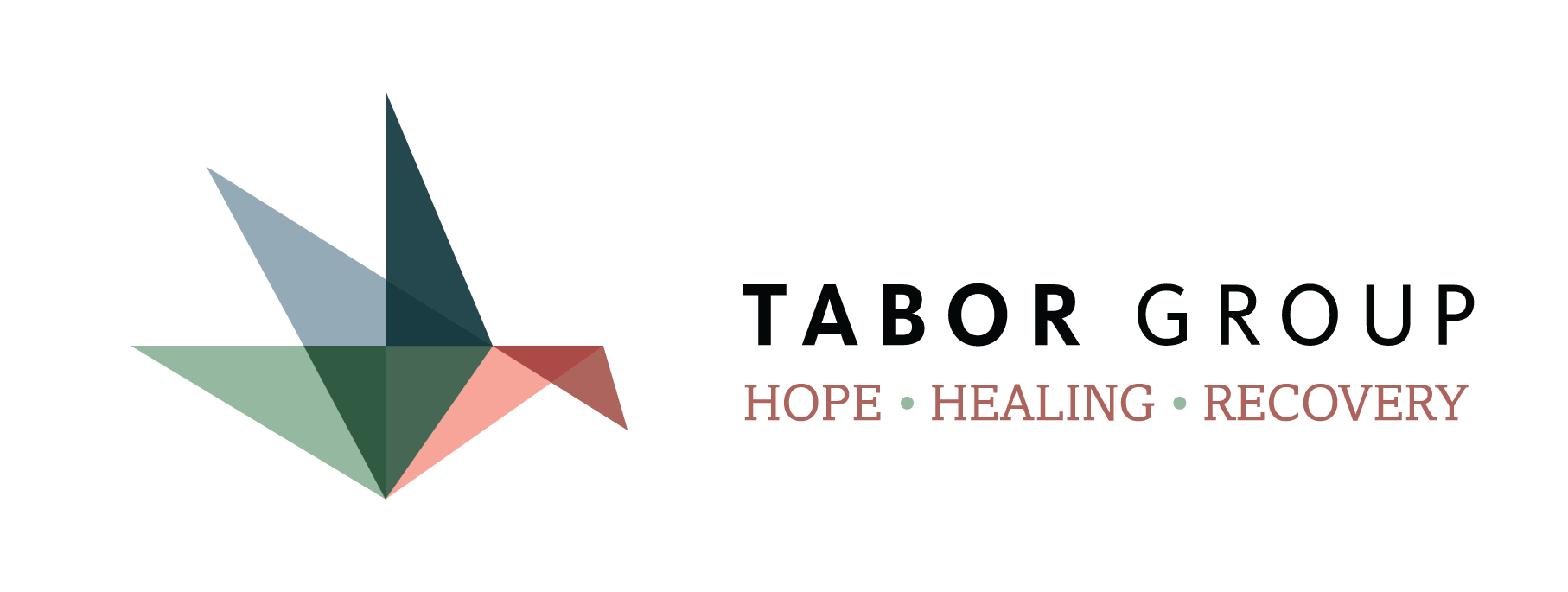In recovery, it is not uncommon to hear people talk about staying “loyal” to their recovery or encouraging you to stay loyal to yours. It is one of those things that sounds positive and important but also sounds really vague. You have completed treatment and returned home sober and ready to resume your life. It takes more than going to treatment to stay sober. Now you need to put into practice everything you learned during treatment.
You need to be sure you make the most of your two critical support networks: your family and 12-step group. If your family members attended family counseling while you were in treatment, they will have a better idea how to better support and encourage your recovery goals. If not, encourage them to attend Al-Anon (the family component of Alcoholics Anonymous for family members of loved ones who have a problem with alcohol. The first 90 days are going to be the toughest. It’s during this time that relapse is most likely to occur. We recommend having a conversation with your spouse or partner about your recovery goals. Brainstorm ways that you can work toward achieving your goals, and ask for your partner’s encouragement and support as you enter early recovery. It is, however, your recovery, and this has to be your constant focus.Make It Happen
So how do you stay loyal to your recovery? Here are a few specific actions can you take to make it easier to stay sober:- Spend time with other people who are living in sobriety and/or committed to helping you to stay sober.
- Go to 12 Step meetings or other support group meetings every day or even more than once a day if you are going through a tough time or having a hard time maintaining your recovery commitments. Alcoholics Anonymous Gamblers Anonymous Bodywhys Narcotics Anonymous
- Make other “commitments” in recovery that will hold you accountable (e.g., volunteer to speak at a 12-Step meeting, offer to bring snacks to the next meeting, or offer to take part in peer support or counselling at your rehab program).
- Talk to someone if you are even thinking about relapse – no matter how insignificant those thoughts may be.
- Prioritise yourself and your recovery by putting all the things that make you feel strong and powerful first in your life. Go for your goals, believe in yourself by making a plan and then turning that plan into action, and know that you are exactly where you need to be and doing what you need to do to live your life to the fullest


